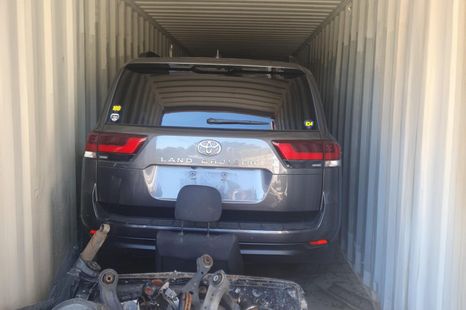

Damion Smy
Toyota says it has "no update" as it works to combat HiLux, LandCruiser thefts
1 Hour Ago
Petrol and diesel cars aren't going anywhere in the immediate future, and one carmaker says we need to think more about how to clean them up.

Contributor
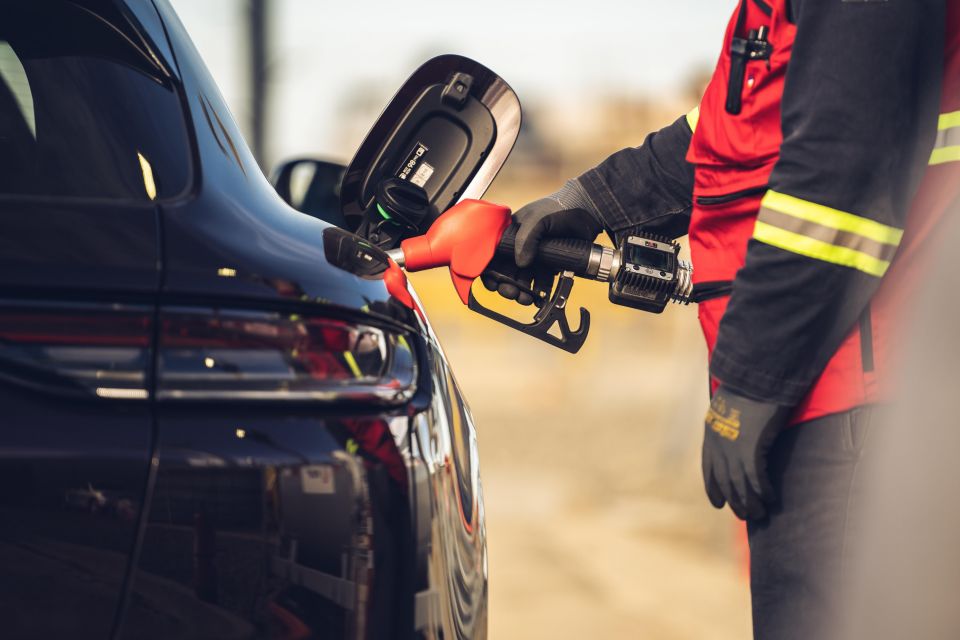

Contributor
Even when people are buying new electric cars, there’s a huge fleet of petrol and diesel cars already on the road emitting CO2 from their tailpipes.
Stellantis – parent company of 14 brands including Jeep, Peugeot, and Alfa Romeo – says the new cars it sells in the lead-up to Europe’s proposed ban on petrol and diesel new car sales will likely remain in service until 2050 or beyond.
That means cleaner fuel options than existing unleaded or diesel (such as eFuels) will be required to help cut carbon emissions even after electric cars are the dominant type on Europe’s roads.
“We have to really take care about our inventory fleet,” said Christian Mueller, Stellantis senior vice president for propulsion systems for the EMEA region, in comments reported by Reuters.
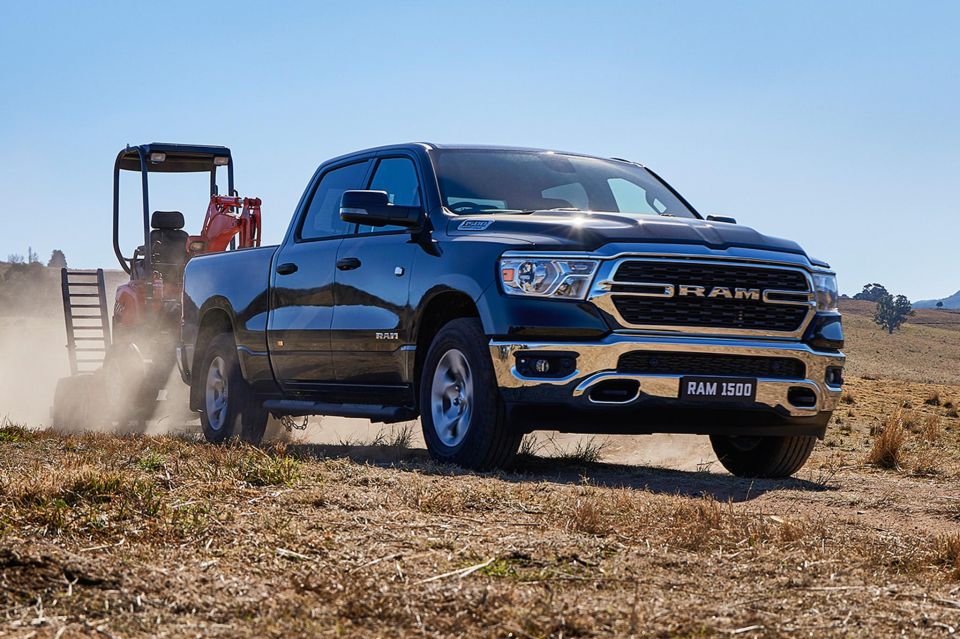
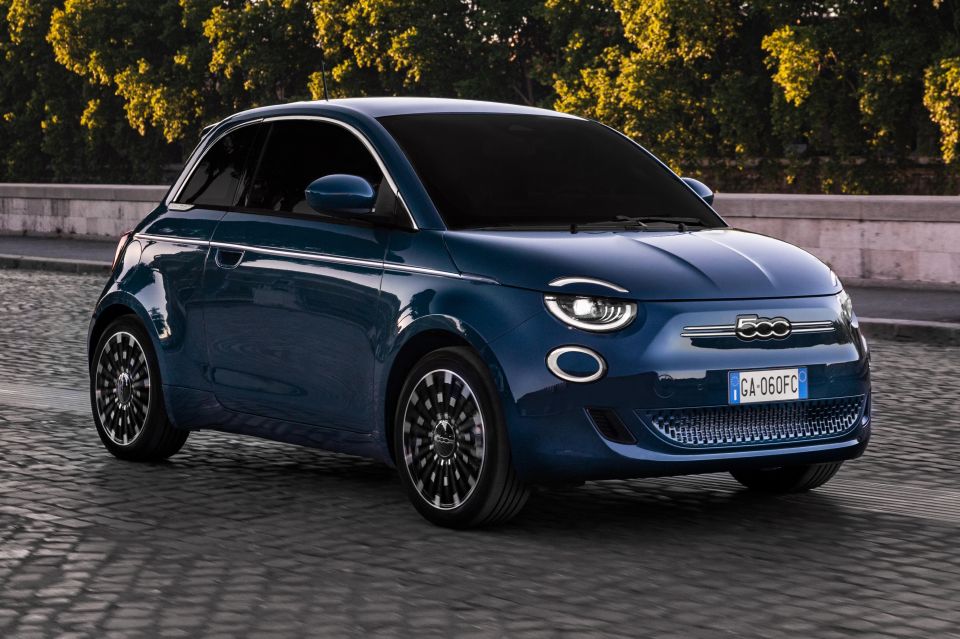
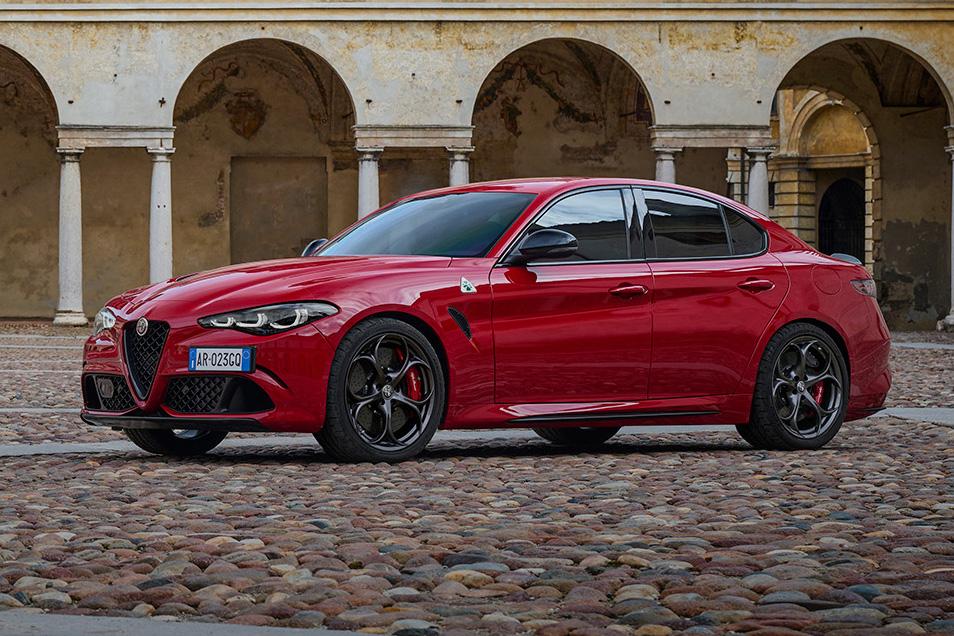
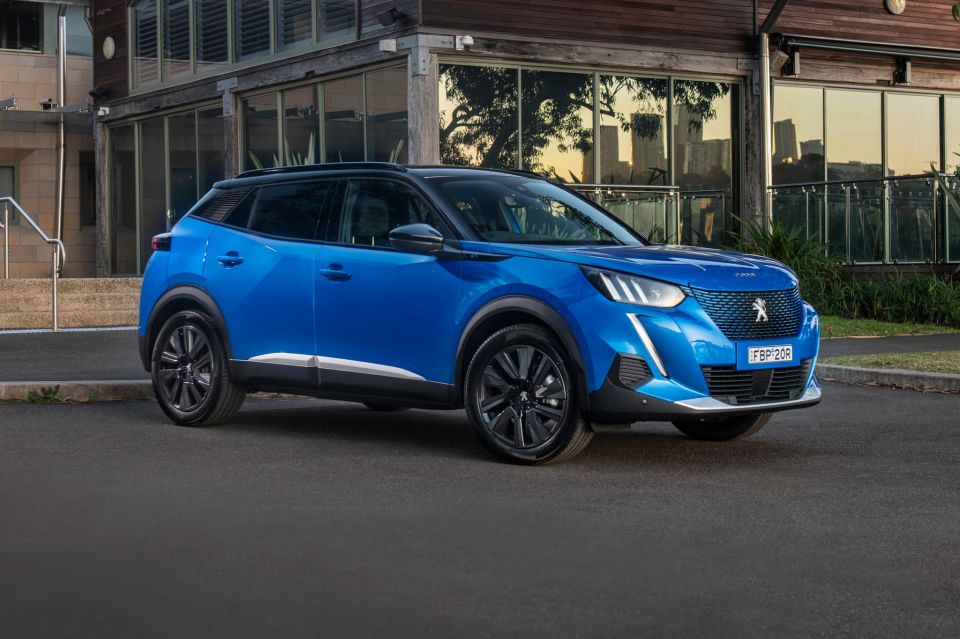
“I think 25 per cent of our vehicles are still in use after 20 years. Hence, this kind of exposure time to eFuels is considerable, very considerable.”
According to Stellantis, 24 of its internal-combustion engines revealed since 2014 can be used with synthetic fuels without modifications.
Stellantis points to a car parc of 28 million eFuel-compatible cars in Europe which, if powered by eFuels, could cut up to 400 million tonnes of CO2 between 2025 and 2040.
eFuels are being pitched as a cleaner way to keep existing internal-combustion cars on the road into the future.
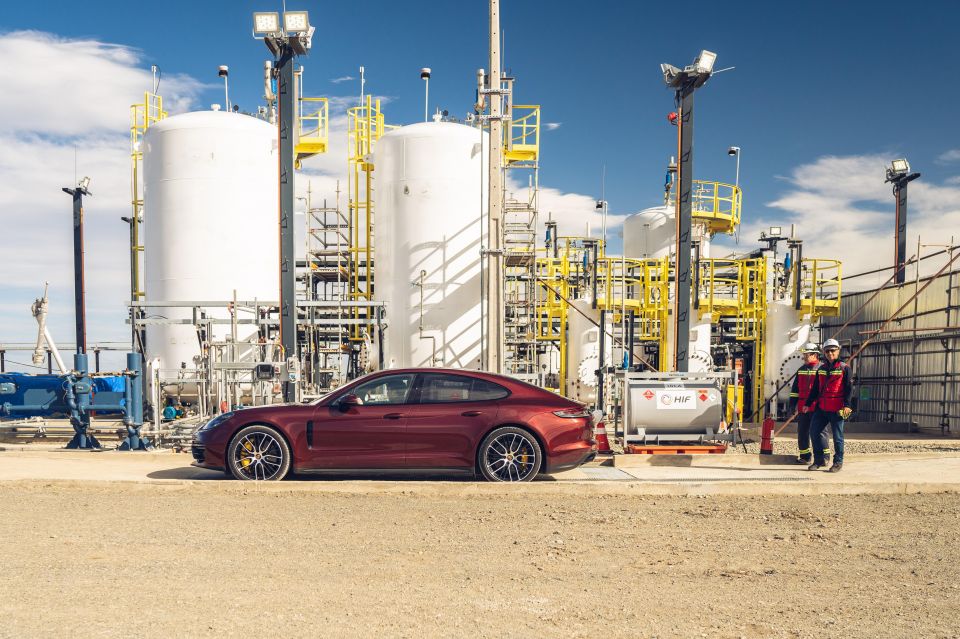
Porsche is investing heavily in the technology as a way to help cut CO2 emissions from internal-combustion vehicles (planes, trains, and automobiles) as the world transitions to electric power… and to keep sports cars alive in their current form, or something close to it.
Compared to conventional fossil fuels, which have between 30 and 40 components, synthetic fuels have as few as eight. There are fewer nasties hiding in eFuel, so it’s better for engines and the environment. Porsche says it reduces emissions by around 85 per cent compared to today’s unleaded.
Having used renewable energy to split water into hydrogen and oxygen through electrolysis, the eFuel plants combine the hydrogen with CO2 captured from the air to create methanol, which is then turned into engine-friendly unleaded.
The European Union has reportedly offered eFuels as a potential backdoor to keep internal-combustion engines alive after the sales ban in 2035, on the back of pressure from the likes of Germany.
Scott Collie is an automotive journalist based in Melbourne, Australia. Scott studied journalism at RMIT University and, after a lifelong obsession with everything automotive, started covering the car industry shortly afterwards. He has a passion for travel, and is an avid Melbourne Demons supporter.


Damion Smy
1 Hour Ago


CarExpert
1 Hour Ago
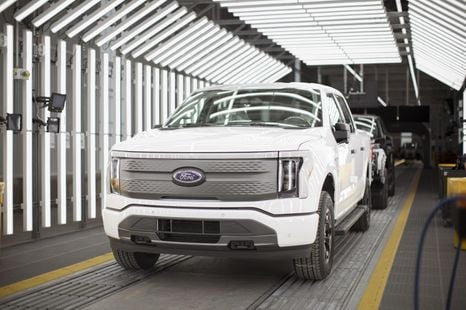

Alborz Fallah
2 Hours Ago
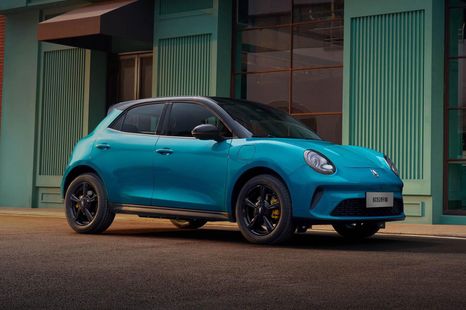

Derek Fung
4 Hours Ago
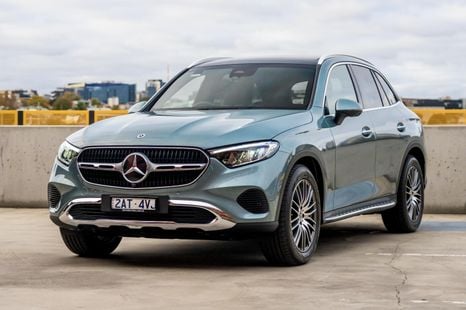

Max Davies
10 Hours Ago
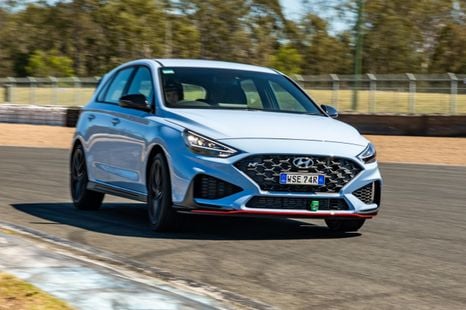

James Wong
18 Hours Ago
Add CarExpert as a Preferred Source on Google so your search results prioritise writing by actual experts, not AI.